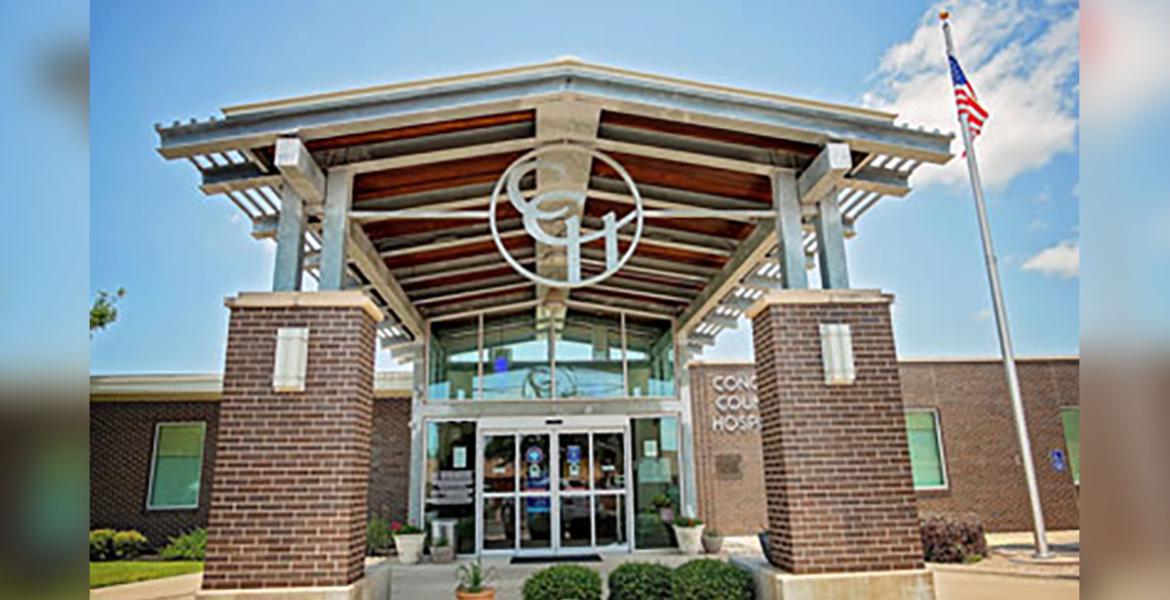SAN ANGELO, Texas – In a move hailed as a victory for workers' rights and a catalyst for economic dynamism, the Federal Trade Commission has issued a final rule banning noncompete agreements nationwide. This landmark decision, announced today, aims to promote competition, protect workers' freedom to change jobs, spur innovation, and foster the formation of new businesses.
"Noncompete clauses keep wages low, suppress new ideas, and rob the American economy of dynamism," stated FTC Chair Lina M. Khan. "The FTC's final rule to ban noncompetes will ensure Americans have the freedom to pursue a new job, start a new business, or bring a new idea to market."
The impact of this ruling is expected to reverberate across the economic landscape, particularly in regions like rural West Texas and the urban corridors stretching from Dallas to Houston, where small businesses play a pivotal role in local economies.
Noncompetes, a widespread and often exploitative practice, have long been criticized for imposing contractual conditions that restrict workers from seeking alternative employment or starting their own ventures. The FTC estimates that nearly one in five Americans, approximately 30 million workers, are currently bound by noncompete agreements.
Under the new FTC rule, existing noncompetes for the majority of workers will no longer be enforceable, with exceptions made for senior executives representing less than 0.75% of the workforce. However, employers will be prohibited from entering into or enforcing new noncompetes, even for senior executives. The rule also mandates that employers provide notice to workers bound by existing noncompetes that these agreements will not be enforced against them in the future.
The decision to ban noncompetes is expected to have a profound impact on small businesses, particularly in rural areas and urban centers, where access to talent and innovation is vital for growth. By eliminating barriers to job mobility and entrepreneurship, the FTC aims to stimulate new business formation, increase worker earnings, and drive innovation.
According to the FTC's estimates, the ban on noncompetes will lead to a 2.7% annual increase in new business formation, resulting in over 8,500 additional startups each year. Moreover, the average worker is projected to see an annual increase of $524 in earnings, while healthcare costs could decrease by up to $194 billion over the next decade.
In addition to its economic impact, the ban on noncompetes is expected to spur innovation, with an estimated average increase of 17,000 to 29,000 more patents filed annually over the next decade. By fostering a more competitive and dynamic labor market, the FTC aims to stimulate growth, create new opportunities, and enhance consumer welfare.
The FTC's decision to ban noncompetes follows a comprehensive rulemaking process that included a 90-day public comment period. The Commission received over 26,000 comments, with the overwhelming majority in support of the proposed ban. Feedback from the public informed the final rulemaking process, leading to adjustments and refinements in the regulations.
While the final rule received a 3-2 vote of approval from the Commission, with Commissioners Melissa Holyoak and Andrew N. Ferguson voting against it, proponents view it as a significant step towards promoting competition, empowering workers, and fostering innovation.
As the final rule prepares to take effect 120 days after publication in the Federal Register, stakeholders are encouraged to report any suspected violations to the Bureau of Competition. With the ban on noncompetes set to reshape the economic landscape, particularly for small businesses in Texas and beyond, the FTC's decision marks a watershed moment in the ongoing debate over workers' rights and economic opportunity.
Subscribe to the LIVE! Daily
Required






Post a comment to this article here: